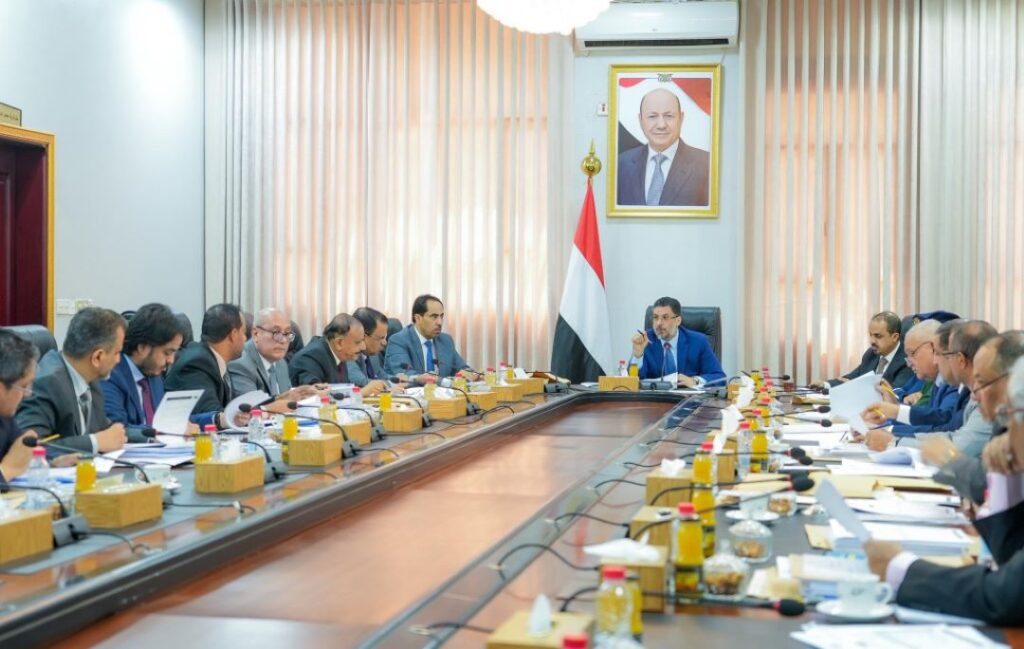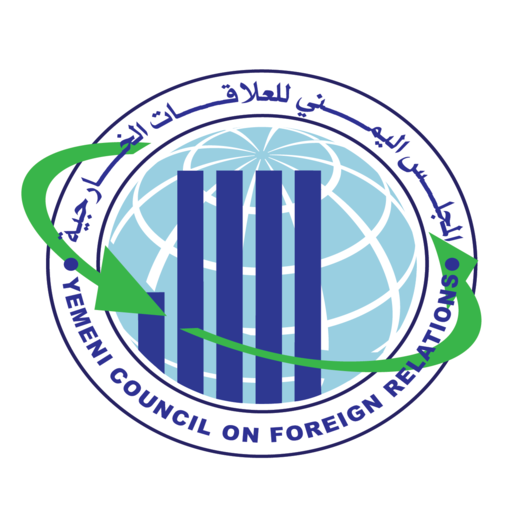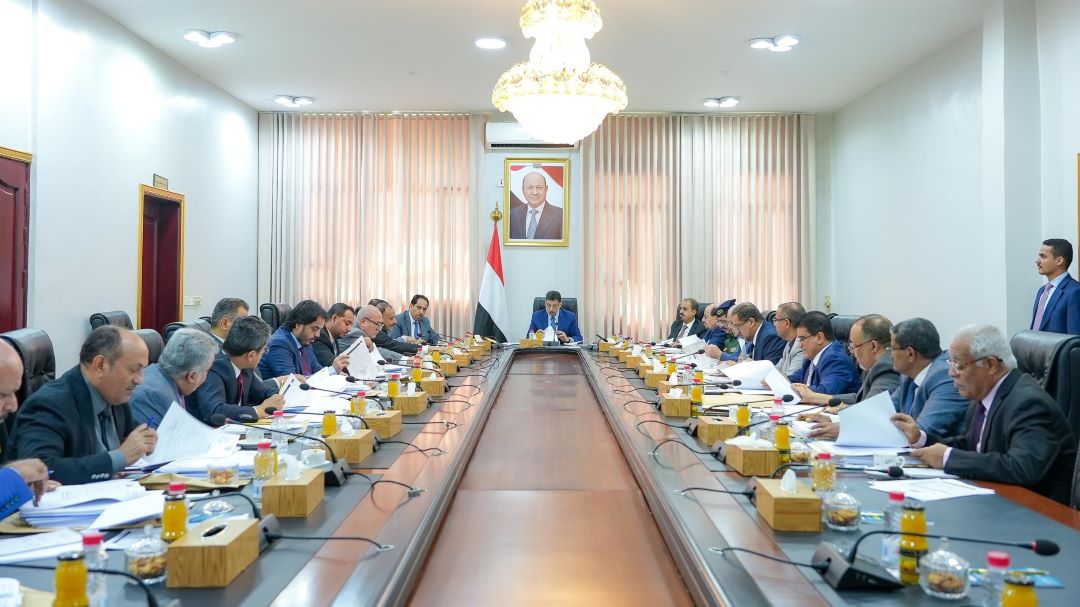Source: Prime Minister’s Office
The Council of Ministers, in its session held on Monday in the temporary capital Aden under the chairmanship of Prime Minister Dr. Ahmed Awad bin Mubarak, took a stance on the changes related to exchange rates and the necessary measures to achieve stability in the national currency’s value, while also aiming to contain the repercussions affecting citizens’ living conditions.
The Council affirmed the necessity of an integrated effort among all state institutions to collectively tackle economic challenges as an utmost priority, emphasizing the execution of directives from the Presidential Leadership Council regarding this matter. This includes the implementation of what was agreed upon during recent intensive meetings to strengthen the integration and coordination between fiscal and monetary policies, exerting utmost efforts to develop and diversify revenue sources, ensure their delivery to the main government account, regulate spending, and control the general budget deficit. The Council voiced its expectation for Yemen’s partners, particularly from the coalition supporting legitimacy led by the Kingdom of Saudi Arabia and the United Arab Emirates, to bolster state and government efforts in maintaining economic stability due to the persistent halt in oil exports and the disastrous effects of rising maritime shipping costs, further aggravated by the terrorist attacks of the Houthi militia.
The Council of Ministers underlined the strict enforcement of rationalizing the import bill, organizing the demand for foreign currency, backing the Central Bank of Yemen’s endeavors and its lawful policies in overseeing banks, managing the banking sector, deterring currency speculation, controlling the money supply, and its monitoring. It directed ministries and concerned authorities to shoulder their responsibilities for rigorous oversight of commodity and service prices and controlling inflation rates.
The Council emphasized doubling down on measures at entry points to prevent foreign currency smuggling, taking all legal steps to prevent disruptions and speculation in exchange rates. It pointed towards continuing with the government’s priorities, the path of economic, financial, and administrative reforms, promoting transparency, accountability, and combating corruption, improving the state’s ability to access its general resources, and ensuring continued fulfillment of its imperative commitments. There was a strong emphasis on implementing what has been agreed with the Central Bank of Yemen in meetings with the Prime Minister for coordinating financial and monetary policies and necessary measures to regulate exchange rates, in addition to the swift disbursal of overdue state employees’ salaries.
The Council reviewed various political, military, and security developments, addressing regional and international changes and their possible implications for Yemen, in addition to addressing necessary measures to confront the schemes of the Houthi terrorist militia and its allied groups.
Prime Minister Dr. Ahmed Awad bin Mubarak briefed the Council on comprehensive political developments at regional and international levels, the state’s and government’s positions on them, including Israeli escalation in Palestine and Lebanon, Houthi terrorist attacks on commercial and international navigation, peace efforts, and preparation for all contingencies. He mentioned the outcomes from meetings with ambassadors of the European Union, Russia, and several countries during their visit to Aden, alongside regional and international movements to keep Yemen within international priorities.
The Council of Ministers approved a draft amendment to Article 40 of the Republican Decree by Law No. 32 for 2006 concerning crimes and penalties related to blood money and compensations, based on the proposal from the Supreme Judicial Council, and instructed to complete the required legal procedures.
The Council of Ministers also ratified the Arab Protocol for Preventing and Combating Human Trafficking, especially of women and children, which supplements the Arab Convention on Combating Transnational Organized Crime, and directed to complete the necessary procedures.
This protocol aims to prevent and combat human trafficking crimes, particularly against women and children, protect trafficking victims, assist them while ensuring their human rights, and enhance cooperation among party states to prevent and combat human trafficking crimes and protect victims.
The Council of Ministers was briefed on a report regarding the level of self-financial resources collection by local authorities (local-shared) for the first half of the fiscal year 2024 across liberated provinces, presented by the Minister of Local Administration. The report indicated that the amounts collected from local and shared resources reached 20 billion, 11 million, and 327 thousand Yemeni Riyals, showing an increase over the estimated budget for the same period by 6 billion, 476 million, and 699 thousand Riyals, representing a 48% increase, and an increase over last year’s first half collection by 1 billion, 252 million, and 742 thousand Riyals, an increase of 7%.
The report included existing discrepancies in the collection of local resources, and the Council, in this regard, affirmed its support for the practical measures needed to collect general shared resources according to the Local Authority Law.
The Council of Ministers renewed the call for the immediate cessation of Israeli aggression against Gaza and Lebanon, implementation of UN resolutions concerning the ceasefire and aid access, stressing the necessity to end civilian suffering in Gaza and for Israel to immediately stop targeting and terrorizing civilians, violating the basic rules and principles of international law and international humanitarian law. The Council reaffirmed Yemen’s steadfast position on the Palestinian people’s right to establish their independent state with full sovereignty according to international legitimacy resolutions, the Arab Peace Initiative, supporting the Lebanese state, its sovereignty, and its exclusive right to monopolize arms, and the decisions of peace and war.


